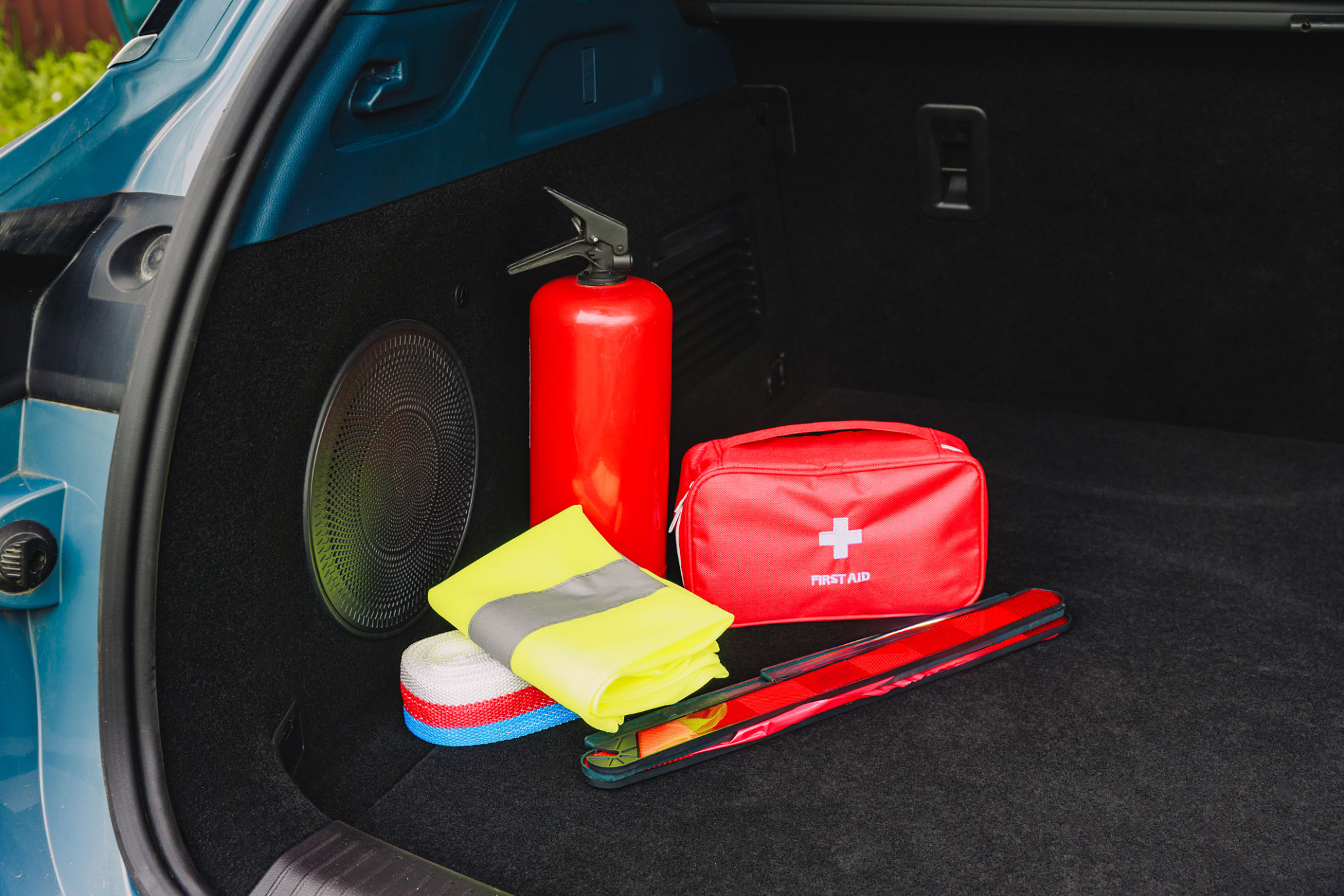Local Regulations for Towing in New Haven County: A Quick Overview
Understanding Towing Regulations in New Haven County
When it comes to towing vehicles in New Haven County, being familiar with the local regulations is crucial for both towing companies and vehicle owners. These regulations help ensure that all towing activities are conducted legally and ethically, avoiding unnecessary disputes and penalties.

Registration and Licensing Requirements
In New Haven County, towing companies must be properly registered and licensed to operate. This includes obtaining a commercial towing license and adhering to any specific requirements set by the Connecticut Department of Motor Vehicles (DMV). Additionally, tow truck drivers need to hold a valid driver's license and any necessary certifications.
Failure to comply with these licensing requirements can lead to severe penalties, including fines and suspension of operating privileges. Therefore, it's essential for towing companies to keep all documentation up-to-date and readily available for inspection.
Regulations for Towing from Private Property
Towing from private property requires the property owner's consent, except in certain situations such as the presence of a clearly marked tow-away zone. Property owners must also post adequate signage indicating that unauthorized vehicles will be towed. These signs should be visible and include the name and contact information of the towing company.
Vehicle owners have the right to retrieve their vehicles before towing if they arrive on the scene before the tow is completed. In such cases, towing companies can charge a "drop fee" but cannot tow the vehicle away.

Fee Structures and Payment Regulations
New Haven County has specific guidelines regarding the fees that can be charged for towing services. Towing companies are required to provide a clear and itemized invoice that details all charges related to the service. This transparency helps prevent disputes and ensures that vehicle owners understand what they are being billed for.
Furthermore, towing companies must accept various forms of payment, including credit and debit cards, to facilitate the payment process for vehicle owners. This regulation helps prevent any form of payment discrimination and ensures fair treatment for all customers.
Storage and Release Procedures
Once a vehicle has been towed, it is typically stored in a lot managed by the towing company. The company must ensure that the storage facility is secure and accessible to vehicle owners during business hours. Additionally, towing companies are required to notify vehicle owners promptly about where their vehicle is stored and how it can be retrieved.

Towing companies must also adhere to regulations regarding the release of vehicles. Owners should be able to retrieve their vehicles upon payment of all applicable fees, and companies must provide receipts for all transactions. Failure to follow these procedures can result in legal consequences.
Dispute Resolution and Consumer Rights
If a vehicle owner disagrees with the towing charges or believes that their vehicle was unlawfully towed, they have the right to dispute the charges. New Haven County provides mechanisms for resolving such disputes, often involving mediation or small claims court. Vehicle owners should be aware of their rights and the steps they can take to address grievances.
By understanding and complying with these local regulations, both towing companies and vehicle owners can ensure a smoother and legally compliant towing experience. Staying informed helps prevent conflicts and promotes better business practices within the towing industry.